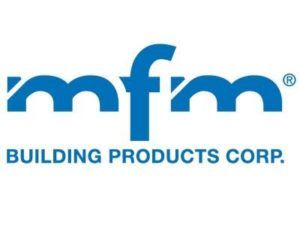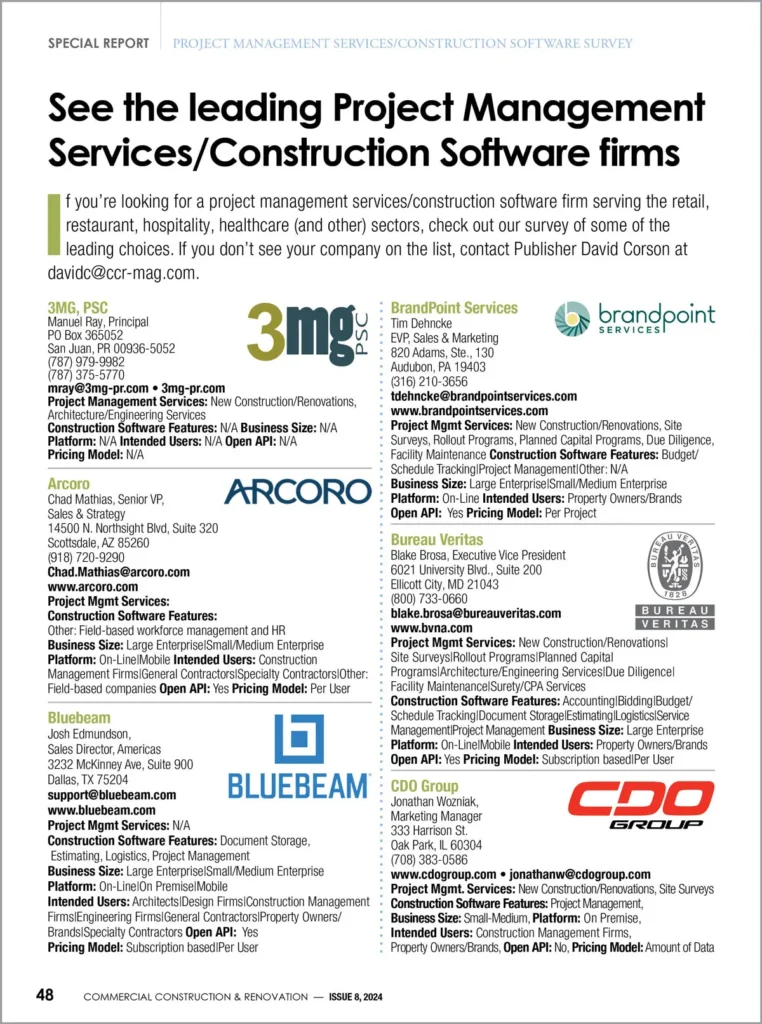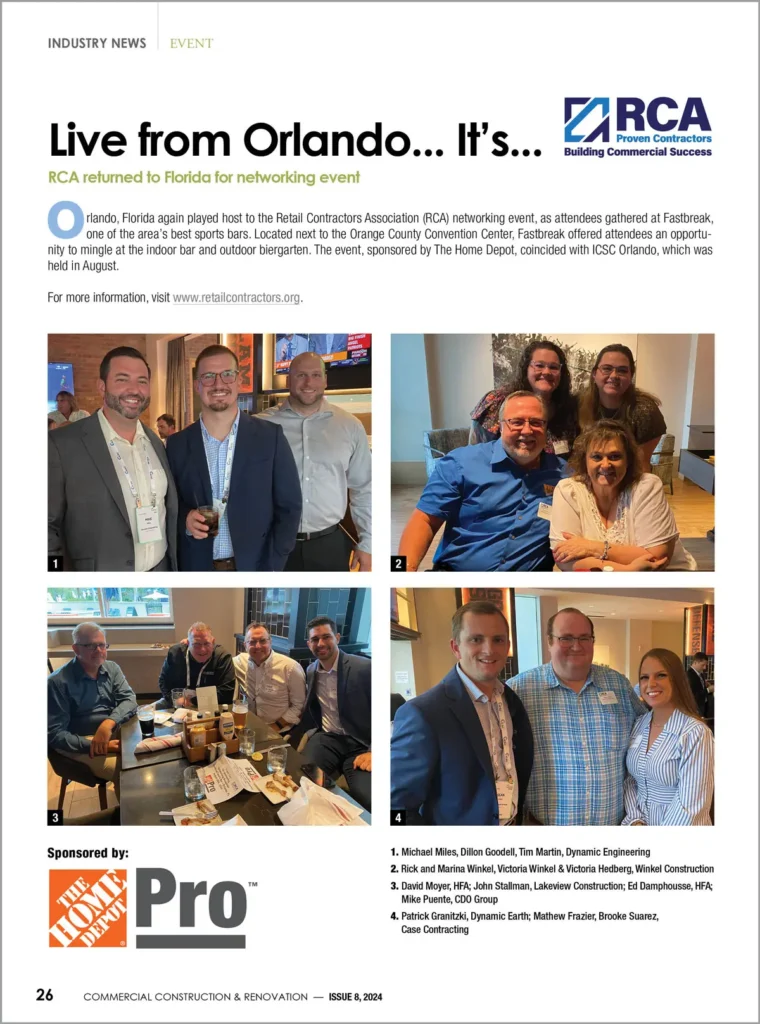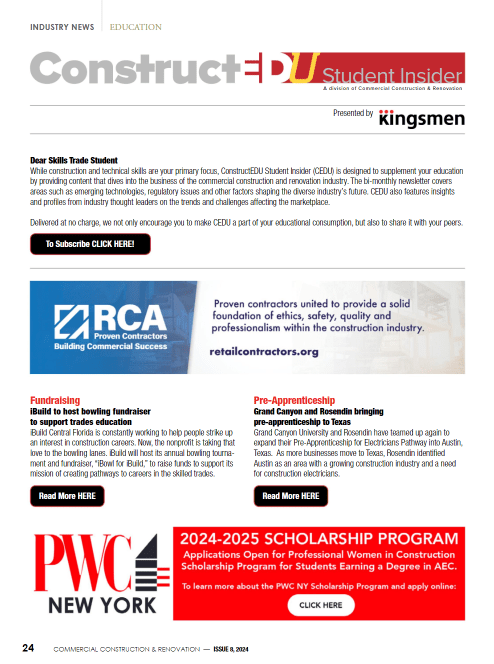When it comes to protecting your home, the roof plays a crucial role, not only in safeguarding against the elements but also in influencing your home insurance coverage and premiums. Homeowners must navigate various roof requirements set forth by insurers and understand how their choices in roofing materials and contractors can impact their home insurance policy. This article delves into essential roof requirements, offers tips for hiring roofing contractors for wilmington nc roof replacement, and provides insights into how to ensure compliance with insurance standards.
What are the Key Roof Requirements for Home Insurance Coverage?
How do roof materials affect insurance premiums?
The materials used in roof installation significantly affect your home insurance premiums. Insurers often evaluate the durability and resilience of roofing materials against common weather-related damages, such as hail and high winds. For instance, asphalt shingles may be less expensive initially, but they might not provide the same level of protection as metal or impact-resistant shingles. Insurance companies often reward homeowners who invest in durable roofing materials with lower premiums, as these roofs are more likely to withstand severe weather conditions and require fewer repairs. When considering a roof replacement, it is wise to consult with a reputable roofing contractor to understand the best materials for your specific climate and how they can improve your insurance coverage.
What is the importance of a sealed roof deck?
A sealed roof deck is another critical aspect that insurers look at when determining coverage. A sealed roof deck involves a layer of protection between the roof covering and the structural deck, preventing water intrusion and enhancing the roof’s overall durability. Many insurance companies may require homeowners to have a sealed roof deck to qualify for certain coverage options or discounts. This feature not only protects your home but also contributes to the longevity of the roofing materials used. If you are in the process of roof installation, be sure to ask your roofing contractor about incorporating a sealed roof deck to meet your insurer’s requirements and bolster your home’s safety.
How do I choose the right roofing contractor for my home?
Choosing the right roofing contractor is paramount to ensuring that your roof meets insurance requirements and performs effectively over its lifespan. Start by verifying the contractor’s license and insurance coverage, as this protects you from liability in case of accidents during the installation. Look for contractors who have a good reputation and positive reviews from previous clients. Ask for referrals and contact those homeowners to understand their experiences. Also, ensure that the contractor is knowledgeable about local building codes and insurance regulations, as this knowledge is crucial for successful roof installation. A well-experienced roofing contractor will help you navigate the complexities of roof requirements and ensure that your new roof is compliant with insurance standards.
How Can Homeowners Ensure Compliance with Roof Requirements?
What criteria should I consider when hiring a roofing contractor?
When hiring a roofing contractor, consider several key criteria to ensure compliance with roof requirements. First, assess their experience and expertise in roofing systems similar to yours. A contractor specializing in residential roofing will have a deeper understanding of the specific factors affecting home insurance coverage. Additionally, inquire about warranties on both labor and materials, as this can provide peace of mind and protect your investment. Look for contractors who can provide clear documentation and a detailed proposal that outlines the scope of work, materials, and estimated timelines. Knowledge of the fortified standard, which indicates a roof designed to withstand severe weather, can also be a critical factor in your decision-making process.
How does roof installation impact my insurance coverage?
Roof installation plays a significant role in determining your home insurance coverage. Insurers often assess the quality of the installation and the materials used when calculating premiums. Proper installation not only ensures the roof’s functionality but also enhances its ability to withstand natural disasters like hurricanes and hail. If your roof is improperly installed, this could lead to issues down the line and potentially affect your ability to file an insurance claim in case of damage. Therefore, it is crucial to work with a licensed roofing contractor who understands the importance of adhering to local building codes and insurance requirements to protect your home effectively.
What are the benefits of impact-resistant shingles?
Impact-resistant shingles are an excellent choice for homeowners looking to enhance their roof’s resilience against severe weather conditions. These shingles are designed to withstand high winds and hail impacts, which can significantly reduce the risk of damage during storms. Many insurance companies offer discounts on premiums for homes with impact-resistant roofs, recognizing the lower risk associated with such installations. Additionally, impact-resistant shingles often come with longer warranties, providing homeowners with additional protection and peace of mind. When considering a roof upgrade, consult with a roofing contractor to explore options for impact-resistant materials that meet your insurance provider’s criteria.
What to Know About Roof Replacement and Home Insurance?
How does a roof replacement affect my home insurance policy?
Roof replacement can have a substantial impact on your home insurance policy. When you replace your roof, it’s essential to notify your insurer, as this can lead to adjustments in your coverage and premiums. A new roof can potentially lower your insurance premium, especially if you choose materials that are more resistant to damage from storms or other environmental factors. Conversely, failing to inform your insurer about a roof replacement could result in complications when filing an insurance claim, particularly if damage occurs shortly after the replacement. Always keep your insurer updated on significant changes to your home, including roofing updates, to ensure your policy remains accurate and effective.
What documentation is needed for an insurance claim after a roof replacement?
After a roof replacement, specific documentation will be necessary to file an insurance claim successfully. Homeowners should keep records of the roof installation, including contracts, invoices, and warranties from the roofing contractor. Photographic evidence of the roof before and after the replacement can also be beneficial. Additionally, obtaining a copy of the inspection report from your roofing contractor can serve as critical documentation that verifies the quality of the installation. If your insurer requires proof of compliance with local building codes, having these documents readily available will expedite the claims process. Ensuring that all necessary paperwork is organized and accessible is crucial for a smooth insurance claim experience.
How can I upgrade my roof to meet insurance standards?
Upgrading your roof to meet insurance standards involves a combination of selecting the right materials and ensuring proper installation. Begin by consulting with your roofing contractor about the latest materials that comply with the fortified standard or other resilient roofing requirements. Consider installing impact-resistant shingles, which can significantly enhance your roof’s ability to withstand severe weather and potentially lower your insurance premiums. Additionally, ensure that the installation process adheres to local building codes and meets your insurance provider’s specifications. By prioritizing quality materials and expert installation, you can effectively upgrade your roof and align it with your insurer’s standards.
How to Prepare for a Roof Inspection with Your Insurance Company?
What does an insurance inspection of my roof typically involve?
An insurance inspection of your roof typically involves a thorough assessment by a qualified inspector, who evaluates the condition of the roof and its components. This inspection may include checking for signs of wear and tear, assessing the quality of the roofing materials, and verifying that the installation complies with local building codes. The inspector will also look for potential vulnerabilities, such as missing shingles or inadequate sealing, which could affect your home’s protection. To prepare for this inspection, homeowners should ensure that their roofs are clean and free of debris, and any visible issues should be addressed beforehand. This proactive approach can help you secure better insurance coverage and potentially lower premiums.
How can I strengthen my roof to withstand high winds and hail?
To strengthen your roof against high winds and hail, consider several enhancements during your next roofing project. First, select high-quality roofing materials specifically designed for durability and impact resistance. Installing a sealed roof deck can also provide an additional layer of protection against water intrusion and wind uplift. Reinforcing the roof’s attachment points can further enhance its structural integrity, making it less likely to suffer damage during severe weather events. Engage with your roofing contractor to explore wind mitigation techniques that can improve your roof’s resilience, ensuring that it meets or exceeds insurance requirements while protecting your home.
What are the common issues inspectors look for on a roof?
During an insurance inspection, inspectors typically look for several common issues that could affect your roof’s integrity and, consequently, your insurance coverage. They will check for missing or damaged shingles, signs of water damage, and any structural vulnerabilities that could lead to future problems. The condition of flashing, gutters, and downspouts will also be scrutinized, as these elements play a vital role in protecting the roof from water intrusion. Homeowners should be aware of these common issues and address them proactively before an inspection. By maintaining your roof and resolving any issues promptly, you can ensure compliance with insurance standards and protect your home effectively.
What Incentives are Available for Homeowners with Stronger Roofs?
How can installing a new roof lower my insurance premium?
Installing a new roof can lead to lower insurance premiums due to improved safety and compliance with updated building codes. Insurance companies often view a new roof as a lower risk, especially if it features durable materials or complies with fortified standards. By investing in quality roofing materials that resist damage from severe weather, homeowners can significantly reduce the likelihood of costly claims, which in turn translates to lower premiums. To maximize these potential savings, homeowners should communicate with their insurers before and after the roof installation to ensure that the new roof is properly documented in their insurance policy.
What discounts can I receive for using specific roofing materials?
Many insurance companies offer discounts for homeowners who choose specific roofing materials known for their durability and resilience. For instance, impact-resistant shingles and metal roofs can qualify for premium discounts, as they are less likely to sustain damage from hail or high winds compared to traditional asphalt shingles. It’s essential to inquire about potential discounts when selecting roofing materials, as this can significantly impact your overall home insurance costs. By working closely with your roofing contractor and insurer, you can explore the best options for materials that not only enhance your home’s safety but also provide financial incentives.
Are there any state or local incentives for roof upgrades?
In addition to insurance discounts, there may be state or local incentives available for homeowners who upgrade their roofs to meet higher safety standards. Some states offer grants or rebates for implementing energy-efficient roofing systems or materials that comply with fortified standards. These incentives can help offset the cost of roof installation and encourage homeowners to invest in durable roofs that protect their homes from severe weather. Homeowners should research available programs in their area and consult with their roofing contractor to identify any financial benefits associated with roof upgrades. By taking advantage of these incentives, homeowners can enhance their property while potentially saving money on roof installation costs.









 The 2024 virtual Men’s Round Table will be held Q4, 2024, date TBD.
The 2024 virtual Men’s Round Table will be held Q4, 2024, date TBD.
















